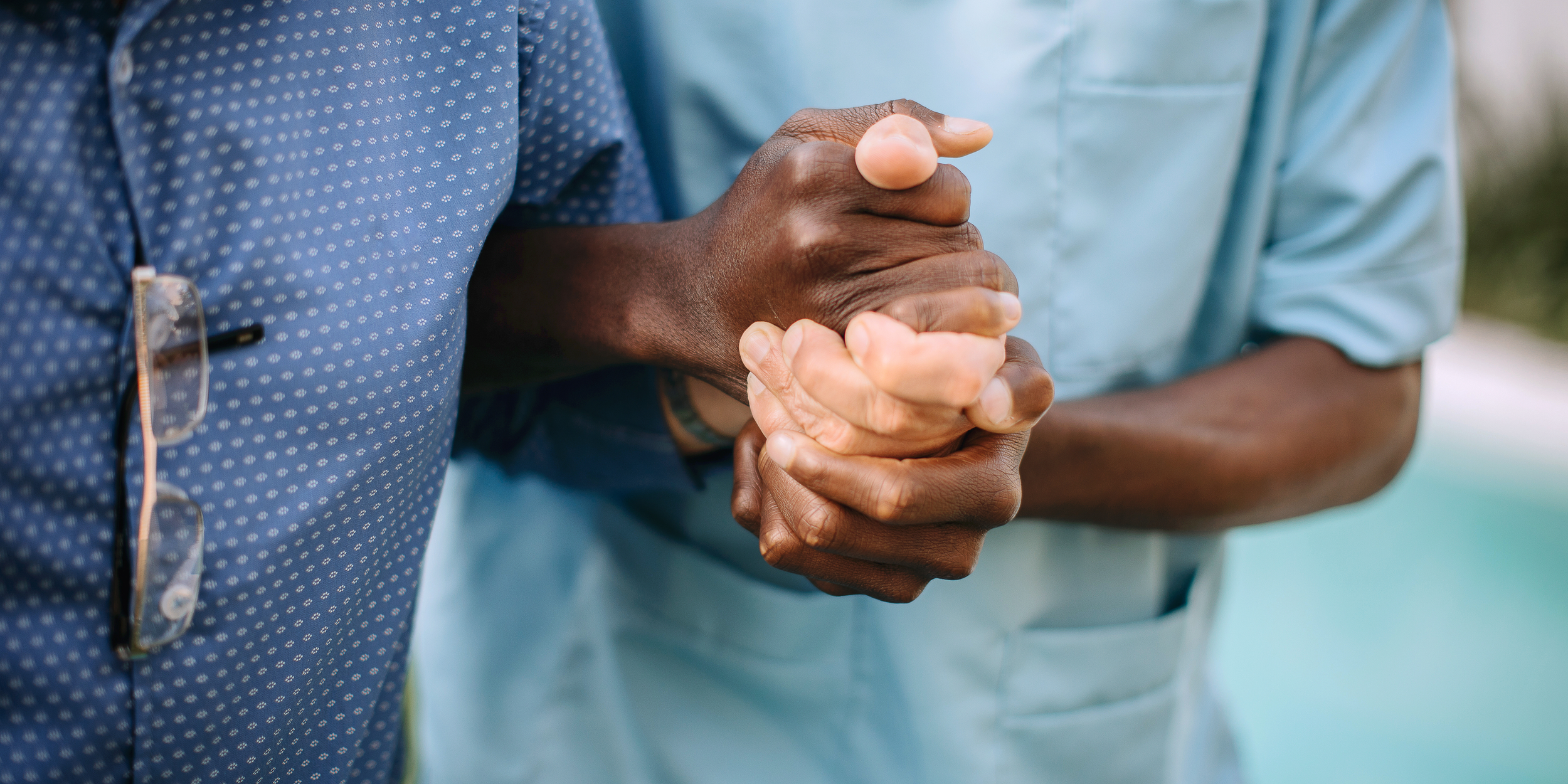
Slip-and-Fall Accidents Attorneys
Medical Malpractice: Navigating Slip-and-Fall Cases in Healthcare Settings
Slip-and-fall accidents are quite prevalent, leading to over 800,000 hospitalizations annually in the U.S. Yet, when slip-and-falls happen at hospitals or nursing homes, a distinct set of considerations emerges.
Despite these facilities being intended as safe havens for patients, accidents happen, just like in any other setting. Should a slip-and-fall occur within the walls of a healthcare facility, attributing the injury solely to a doctor’s error might not be applicable.
The absence of a doctor’s involvement should not stop you from taking legal action against the healthcare facility responsible for the mishap. It's essential to know the appropriate course of action. Consulting a slip-and-fall accident lawyer is crucial, as they can work with you to determine whether the incident falls under medical malpractice or premises liability so you can pursue compensation for the rightful claim.
Slip-and-Fall as Medical Malpractice
Filing a medical malpractice claim is appropriate when your slip-and-fall accident meets two essential conditions: you've experienced subpar, negligent medical care and this negligent care directly leads to a slip-and-fall incident. Here are some examples:
Mistakes in your medical care plan. If your medical chart didn't flag your fall risk and inadequate care led to a fall at a healthcare facility, you might have grounds for a medical malpractice claim.
Medication issues. Patients in healthcare facilities often take medications, some of which, when combined or taken alone, can lead to side effects that heighten the risk of falls, which needs to be mitigated.
Failure to diagnose. Among the prevalent forms of medical malpractice is misdiagnosis or failure to diagnose, which could lead to falls with severe injuries if certain health conditions or illnesses are overlooked.
Failure to assist or supervise. In hospitals and nursing homes, patients requiring aid or close monitoring for daily tasks like transfers, walking, and bathroom activities face fall risks if not adequately assisted or supervised.
Slip-and-Fall as Premises Liability
When facing a common slip-and-fall incident within a healthcare facility, seeking guidance from a slip-and-fall accident lawyer often results in pursuing a premises liability claim. This avenue revolves around instances where hazardous conditions within the facility expose visitors to potential slip-and-falls. Such conditions include:
Slippery surfaces: Floors lacking proper traction, posing slip risks.
Hidden hazards: Unnoticed objects in the facility can cause slips-and-falls.
Inadequate infrastructure: Floors with steep slopes may contribute to loss of control, even while using wheelchairs.
In these instances, the healthcare facility assumes a liability akin to any property that may pose accident risks. Consequently, the management's responsibility for patients parallels the duty of care typical property owners uphold for visitors entering their premises.
Proving Liability in a Slip-and-Fall Case
Whether you have a medical malpractice claim or premises liability claim, you need to prove that another party’s negligence directly caused your slip-and-fall injury. Answering these three basic questions to determine whether your healthcare provider or the facility manager was negligent:
Were they aware or should they have reasonably been aware of the risk of your injury?
Was the potential for your injury foreseeable?
Could they have taken reasonable action to prevent your injury?
If you can answer "yes" to these questions, you may have grounds for a claim. Substantiating these responses requires compelling evidence, such as post-fall examination records, images of the injury and accident site, testimony from witnesses, and, in the context of medical malpractice, a medical opinion highlighting any errors made by your healthcare provider.
Work With a Columbia Slip-and-Fall Lawyer
Determining whether a slip-and-fall within a healthcare facility constitutes medical malpractice or other personal injury isn't always straightforward. Consider a scenario where a chair lift malfunctions at an outpatient center – is it medical malpractice or a case of premises liability?
Now, imagine being discharged from a healthcare facility before your full recovery from surgery, only to fall and get injured in the parking lot. Does this still qualify as medical malpractice, given you were technically no longer under your provider’s direct care?
Navigating injuries linked to healthcare settings can be tricky. Seeking counsel from a slip-and-fall accident lawyer is essential to determine the right course of action for your unique circumstances.
If you or a loved one experiences a slip-and-fall incident in a medical facility, our team of slip-and-fall injury attorneys at HHP Law Group is dedicated to advocating for your rights and securing the compensation you rightfully deserve. Contact us today to arrange a free consultation for your case.
FAQs
What might I recover?
A party who has been injured or has died as a result of medical malpractice can recover damages designed to compensate them for their injuries/death. These include but are not limited to compensation for their medical bills, lost wages and diminished earning capacity, permanent injuries and impairment, disfigurement and scarring, physical pain and suffering, mental suffering and aggravation, and their loss of enjoyment of life or change in lifestyle. In rare occasions, the misconduct of the health care provider may be so egregious that punitive damages, which are designed to punish the conduct, may be awarded to the injured party.
Should I hire an attorney for my malpractice claim?
In our experience, it is extremely rare for a malpractice claim to be pursued and result in a favorable outcome without the assistance of an attorney. These cases are factually and legally complex and require an extensive amount of discovery, expert witnesses, and document review. The HHP Law Group is willing and ready to discuss with you any potential medical malpractice case.
What will my claim cost me?
Our attorneys understand that clients may not have the resources to fund their case upfront, especially if you have been injured and cannot work as a result. All consultations with HHP Law Group are free of charge. If HHP Law Group represents you in your medical malpractice case, we will take your case on a contingency basis. This means that the attorney fees are a percentage of any recovery by way of settlement of trial verdict. Additionally, the costs to pursue the matter (third party expenses, filing fees, etc.) are advanced by the law firm to be repaid at the time of recovery.
Call Us Today
If you have been injured due to medical malpractice, don’t wait. Call us today at 803-400-8277 to schedule your free consultation.

